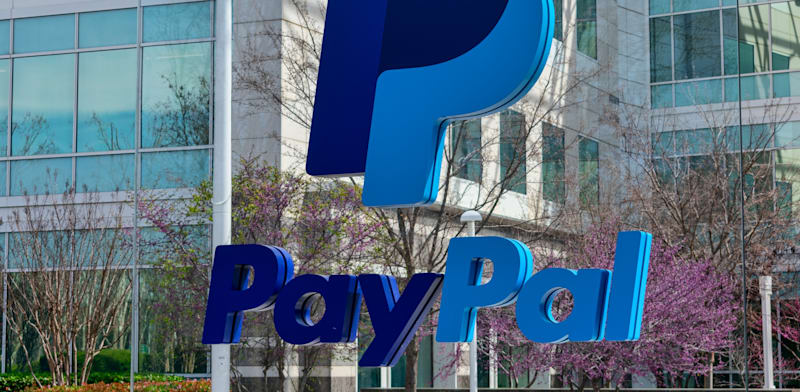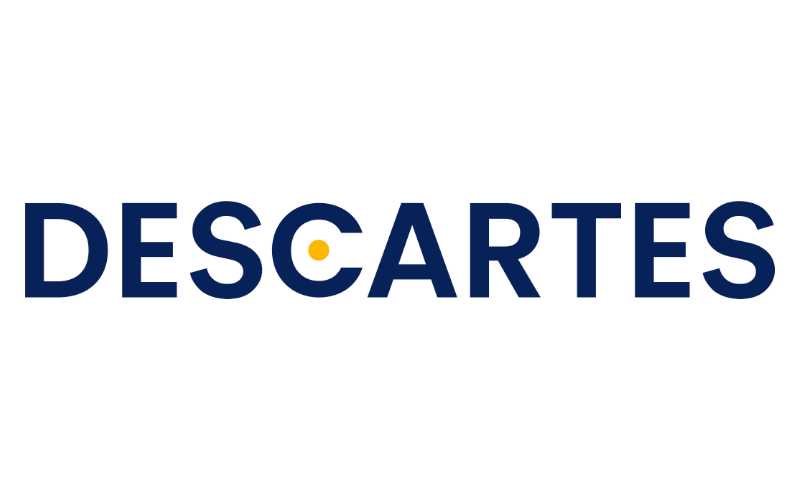Grant awards can provide an infusion of cash for your small business. Often, these grants are offered by state and local government agencies, national companies and local nonprofits, among others. Because there’s stiff competition for this free money, you’ll want to research grant programs thoroughly before applying and have a back-up plan in case you aren’t chosen for an award.
Here are some small-business grants available to California businesses and some tips on how to manage the grant application process.
California-specific small-business grants
There are a number of state, local and regional grant programs available to businesses located in California that could be a good match for your business needs.
California Grants Portal
The California Grants Portal, managed by the California State Library, allows you to find grants (and loans) offered by California state agencies, including grants specific to small businesses. Only grants offered on a first-come or competitive basis are listed. Although you can’t apply directly for a grant through the portal, details about each grant are provided, as well as contact information for the agency offering it.
Restaurants Care Resilience Fund grants
The Restaurants Care Resilience Fund awards $5,000 grants to independent restaurants located in California. The grants can be used for equipment, technology upgrades, employee retention, training and bonuses, as well as to cover a hardship such as theft or fire. To be eligible, the restaurant must be open for at least a year, be owned by a California resident and be located in the state. Also, annual revenue must be under $3 million. Chain and franchise restaurants aren’t eligible.
Founders First Job Creators Quest Grant
Founders First CDC, a not-for-profit organization, offers the Job Creators Quest grant designed to support Black, Indigenous, veteran, women, LGBTQIA+ and other underrepresented entrepreneurs in Southern California. Twenty-five businesses receive monetary grant awards. To be eligible, a business must be located in Southern California, have between two and 20 employees, and be willing to add one to two new premium wage positions in the next 12 months. Additionally, annual business revenue must fall between $100,000 and $3 million.
San Francisco Women’s Entrepreneurship Fund
San Francisco businesses that are at least 50% woman-owned may be eligible for grants offered through the San Francisco Women’s Entrepreneurship Fund. The fund is a joint project between the Mission Economic Development Agency (MEDA) and the San Francisco Office of Economic and Workforce Development (OEWD). Awards of up to $5,000 can be used for a variety of business purposes such as marketing, accounting, equipment, technology and training. Any type of business is eligible, but the business does need to be in operation for at least a year, and it must be nominated by a nonprofit organization that provides technical assistance to businesses.
Route 66 Extraordinary Women Micro-Grant
For women-owned businesses located along U.S. Route 66 (from Santa Monica through Los Angeles and San Bernardino to Needles, California), the Route 66 Extraordinary Women Micro-Grant program may provide an opportunity for funding. The Road Ahead Partnership’s goal in offering these grants is to help new and existing women-owned businesses operating along Route 66. To be eligible, these businesses need to have fewer than 20 full-time employees and be in good standing with state agencies. The next round of funding will be announced on February 5, and applications will close on March 25, 2024.
National grant programs open to California businesses
California business owners can also apply for grants that are available to businesses located throughout the U.S. Here are some to consider:
Grants.gov
Federal grants are published on Grants.gov. The website, which is managed by the U.S. Department of Health and Human Services, is designed to allow you to find and apply for grants offered by the Agency for International Development, the Department of Agriculture, the Department of Energy and other federal agencies.
America’s Seed Fund
America’s Seed Fund, coordinated by the Small Business Administration, offers grants to assist small businesses operating in the tech industry. Funding is provided through the Small Business Innovation Research (SBIR) and Small Business Technology Transfer (STTR) programs. Grant awards from $50,000 to $1.8 million take place over a span of two years in three phases: proof of concept, technology development and commercialization.
WomensNet Grants
WomensNet awards are available to women business owners throughout the U.S. There are three types — Amber Grants, Startup Grants and Business Category Grants. A $10,000 award of each type is given out each month, as well as three annual awards of $25,000. To be eligible, you must be 18 years or older and have 50% or more ownership in a business that operates in the U.S. or Canada.
National Association for the Self-Employed (NASE) grant
Growth Grants are offered by the nonprofit National Association for the Self-Employed (NASE). Award amounts can go as high as $4,000 and can be used for marketing, advertising, expansion and other business activities. You need to be a member of the association and have a business plan available for evaluation. NASE accepts and reviews applications on a quarterly basis.
Program for Investors in Microentrepreneurs
The Program for Investors in Microentrepreneurs (PRIME), through the U.S. Small Business Administration (SBA), is designed to assist disadvantaged microentrepreneurs. These grants support nonprofit organizations that help low-income entrepreneurs access the funding, training and technical assistance necessary to start or expand their small businesses.
FedEx Small Business Grant Contest
FedEx grants are awarded annually to small businesses that are FedEx customers. In 2023, 10 grand prizes of $30,000 were given. To be eligible, you’ll need to have an active FedEx business shipping account and be a for-profit small business with fewer than 99 employees.
Steps in the small-business grants process
The application process for each grant will differ. However, there are some basic steps you can take to help make the application process more manageable.
Identify grants that are suited to your business
Applying for grants in which the organization’s goals match your type of business or relate to you as the business owner will generally help you when being evaluated for the award.
Confirm grant details
Understanding the specifics of the grant program is key to successfully submitting your application. Things to know include:
-
Eligibility requirements. Review eligibility requirements related to the program such as business location, time in operation, annual revenue and business ownership.
-
Funding options. Some grant awards are cash while others may take the form of reimbursements for eligible expenses or non-financial benefits such as training and marketing support.
-
Application deadlines. Grants can be awarded annually, multiple times in a given year or even monthly; regardless of the timing, you’ll want to make sure you can complete the application by the deadline.
-
Awards dates. For most grant programs, the process is not quick. If the award date for a grant program doesn’t meet your timeframe, you’ll likely want to consider other options.
Prepare and submit applications
Grant applications often provide an opportunity for you to include a statement of need for the grant funds. You may want to share how the funds will be used and how the funds could benefit your business, customers and surrounding community. You’ll want to allow yourself adequate time to write a compelling statement.
Consider backup funding options
Because the competition for grants is typically quite steep, you may want to consider a backup plan if you do not receive the grant. Small-business loans can be a good alternative, with options like the following:
-
Bank loans. Banks typically offer the best interest rates and terms, but often require multiple years in business and a solid credit history.
-
SBA loans. Loans through SBA lenders with competitive interest rates and long repayment terms can be easier to qualify for than a bank loan.
-
Online lenders. For newer businesses, online lenders can offer more flexible qualification requirements and faster funding, but often have higher interest rates and shorter repayment periods.






































